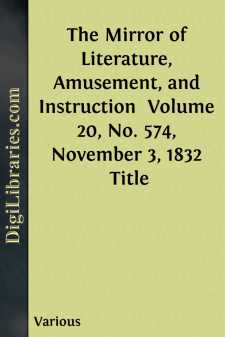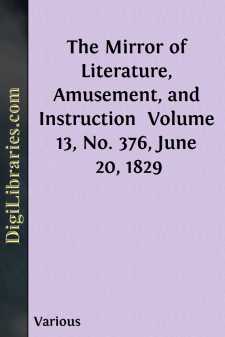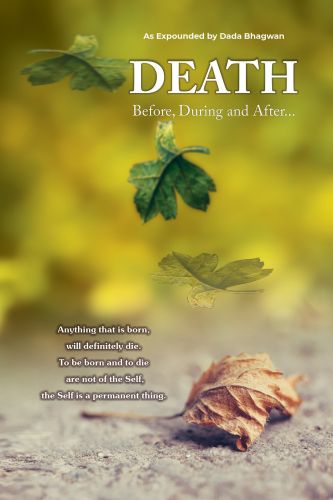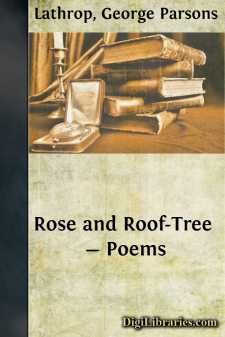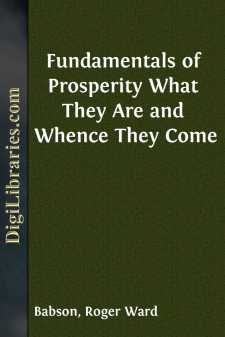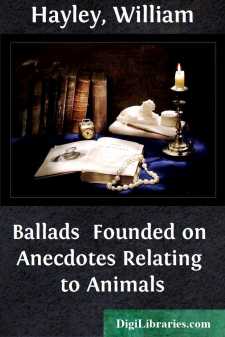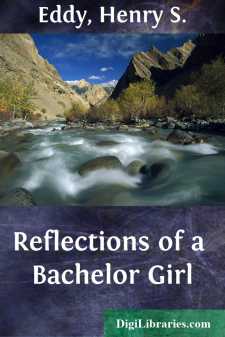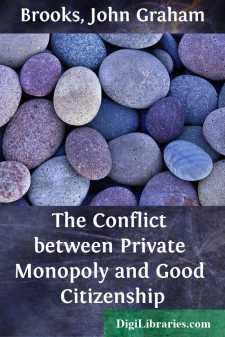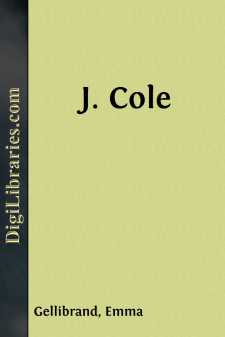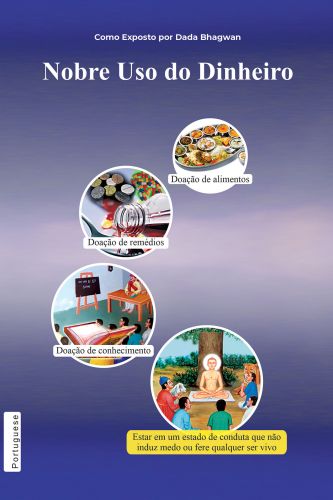Categories
- Antiques & Collectibles 13
- Architecture 36
- Art 48
- Bibles 22
- Biography & Autobiography 815
- Body, Mind & Spirit 144
- Business & Economics 28
- Children's Books 18
- Children's Fiction 14
- Computers 4
- Cooking 94
- Crafts & Hobbies 4
- Drama 346
- Education 58
- Family & Relationships 59
- Fiction 11835
- Games 19
- Gardening 17
- Health & Fitness 34
- History 1378
- House & Home 1
- Humor 147
- Juvenile Fiction 1873
- Juvenile Nonfiction 202
- Language Arts & Disciplines 89
- Law 16
- Literary Collections 686
- Literary Criticism 179
- Mathematics 13
- Medical 41
- Music 40
- Nature 180
- Non-Classifiable 1768
- Performing Arts 7
- Periodicals 1453
- Philosophy 65
- Photography 2
- Poetry 896
- Political Science 203
- Psychology 44
- Reference 154
- Religion 515
- Science 126
- Self-Help 85
- Social Science 83
- Sports & Recreation 34
- Study Aids 3
- Technology & Engineering 60
- Transportation 23
- Travel 463
- True Crime 29
Our website is made possible by displaying online advertisements to our visitors.
Please consider supporting us by disabling your ad blocker.
The Atlantic Monthly, Volume 12, No. 70, August, 1863
by: Various
Categories:
Description:
Excerpt
AN AMERICAN IN THE HOUSE OF LORDS.
Having in a former number of this magazine attempted to give some account of the House of Commons, and to present some sketches of its leading members, I now design to introduce my readers to the House of Lords.
Atlantic Monthly for December, 1861.
It is obviously unnecessary to repeat so much of the previous description as applies to the general external and internal appearance of the New Palace of Westminster. It only remains to speak of the hall devoted to the sessions of the House of Lords. And certainly it is an apartment deserving a more extended notice than our limits will allow. As the finest specimen of Gothic civil architecture in the world, perfect in its proportions, beautiful and appropriate in its decorations, the frescoes perpetuating some of the most striking scenes in English history, the stained glass windows representing the Kings and Queens of the United Kingdom from the accession of William the Conqueror down to the present reign, the niches filled with effigies of the Barons who wrested Magna Charta from King John, the ceiling glowing with gold and colors presenting different national symbols and devices in most elaborate workmanship and admirable intricacy of design, it is undeniably worthy of the high purpose to which it is dedicated.
The House of Lords also contains the throne occupied by the reigning sovereign at the opening and prorogation of Parliament. Perhaps its more appropriate designation would be a State-Chair. In general form and outline it is substantially similar to the chairs in which the sovereigns of England have for centuries been accustomed to sit at their coronations. We need hardly add that no expense has been spared to give to the throne such intrinsic value, and to adorn it with such emblems of national significance, as to furnish renewed evidence of England's unwavering loyalty to the reigning house.
In pointing out what is peculiar to the House of Lords, I am aware that there is danger of falling into the error of stating what is already familiar to some of my readers. And yet a traveller's narrative is not always tiresome to the tourist who has himself visited the same localities and witnessed the same scenes. If anxious for the "diffusion of useful knowledge," he will cheerfully consent that the curiosity of others, who have not shared his good fortune, should be gratified, although it be at his expense. At the same time, he certainly has a right to insist that the extraordinary and improbable stories told to the too credulous voyageur by some lying scoundrel of a courier or some unprincipled valet-de-place shall not be palmed upon the unsuspecting public as genuine tales of travel and adventure.
The House of Lords is composed of lords spiritual and lords temporal. As this body is now constituted, the lords spiritual are two archbishops, twenty-four bishops, and four Irish representative prelates. The lords temporal are three peers of the blood royal, twenty dukes, nineteen marquises, one hundred and ten earls, twenty-two viscounts, two hundred and ten barons, sixteen Scotch representative peers, and twenty-eight Irish representative peers. There are twenty-three Scotch peers and eighty-five Irish peers who have no seats in Parliament....











